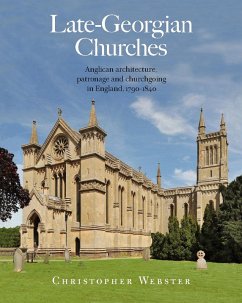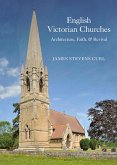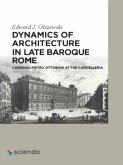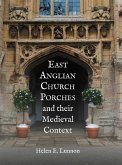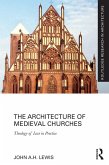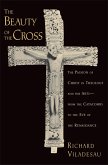How the Anglican church responded to population growth and the need for more accommodation, with the building of 1500 new churches, many of the finest quality.
This book is the first comprehensive study of late-Georgian church-building. After centuries of post-Reformation inactivity, the Church of England began to address the desperate shortage of accommodation and build on a huge scale. Almost all the leading architects were involved and, amongst approximately 1500 new churches there are some outstanding designs; buildings of the very highest order architecturally.
In this pioneering study, the churches are considered free from the Ecclesiological zeal that condemned them and has, for so long, prevented their serious study. It will celebrate the best of them and provide valuable insights into the design and planning of the whole corpus. There will be many revelations.
Included is a thorough examination of the stylistic alternatives and contemporary liturgical imperatives, along with their architectural implications. And the book explores a lost world of late-Georgian churchgoing: what people expected and experienced in a church service. Also considered are some of the period's remarkable material and constructional innovations, ones often exploited in church-building, along with the provision of architectural services in the era that preceded full professionalisation.
This book is the first comprehensive study of late-Georgian church-building. After centuries of post-Reformation inactivity, the Church of England began to address the desperate shortage of accommodation and build on a huge scale. Almost all the leading architects were involved and, amongst approximately 1500 new churches there are some outstanding designs; buildings of the very highest order architecturally.
In this pioneering study, the churches are considered free from the Ecclesiological zeal that condemned them and has, for so long, prevented their serious study. It will celebrate the best of them and provide valuable insights into the design and planning of the whole corpus. There will be many revelations.
Included is a thorough examination of the stylistic alternatives and contemporary liturgical imperatives, along with their architectural implications. And the book explores a lost world of late-Georgian churchgoing: what people expected and experienced in a church service. Also considered are some of the period's remarkable material and constructional innovations, ones often exploited in church-building, along with the provision of architectural services in the era that preceded full professionalisation.
Dieser Download kann aus rechtlichen Gründen nur mit Rechnungsadresse in A, D ausgeliefert werden.

